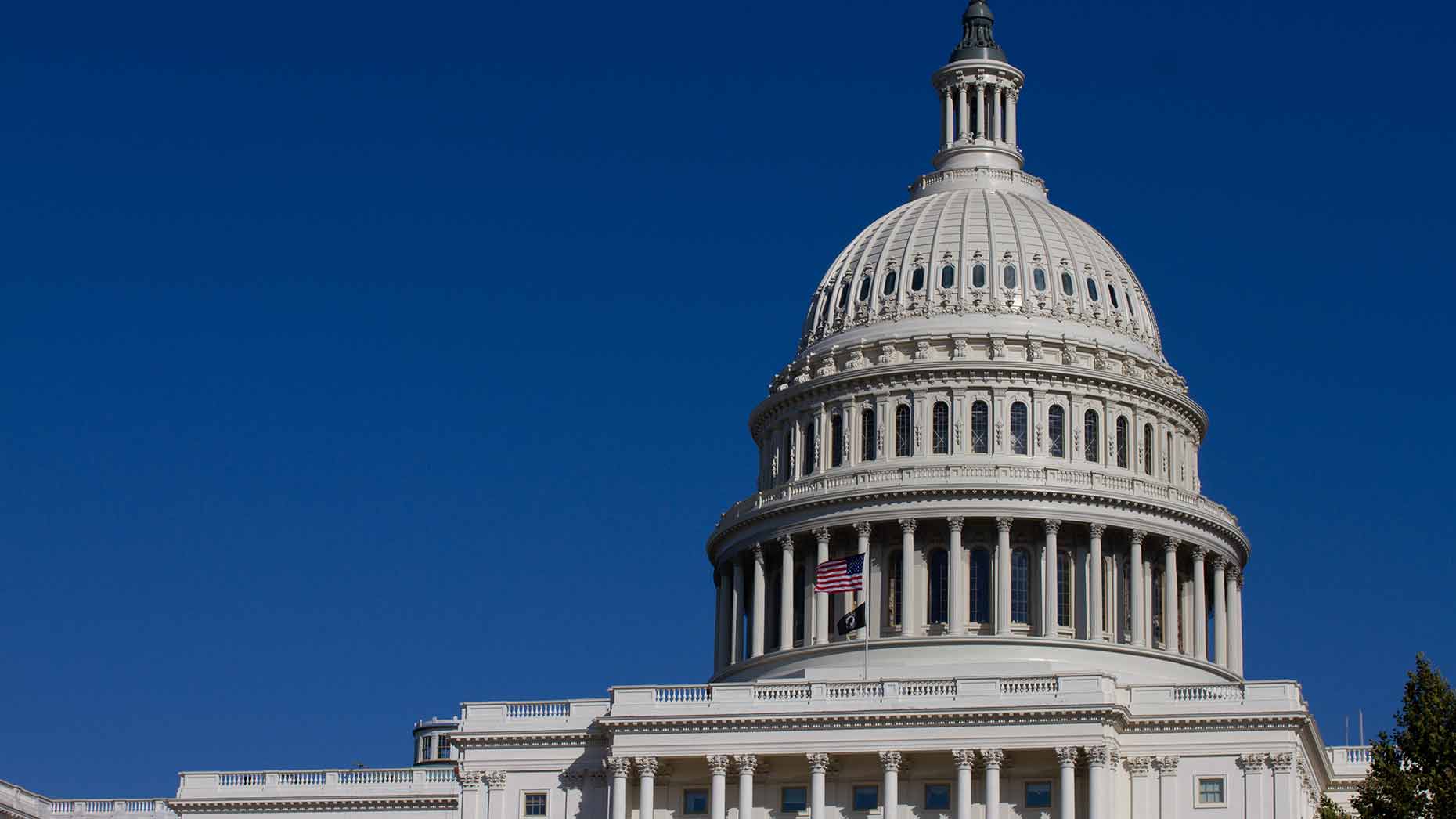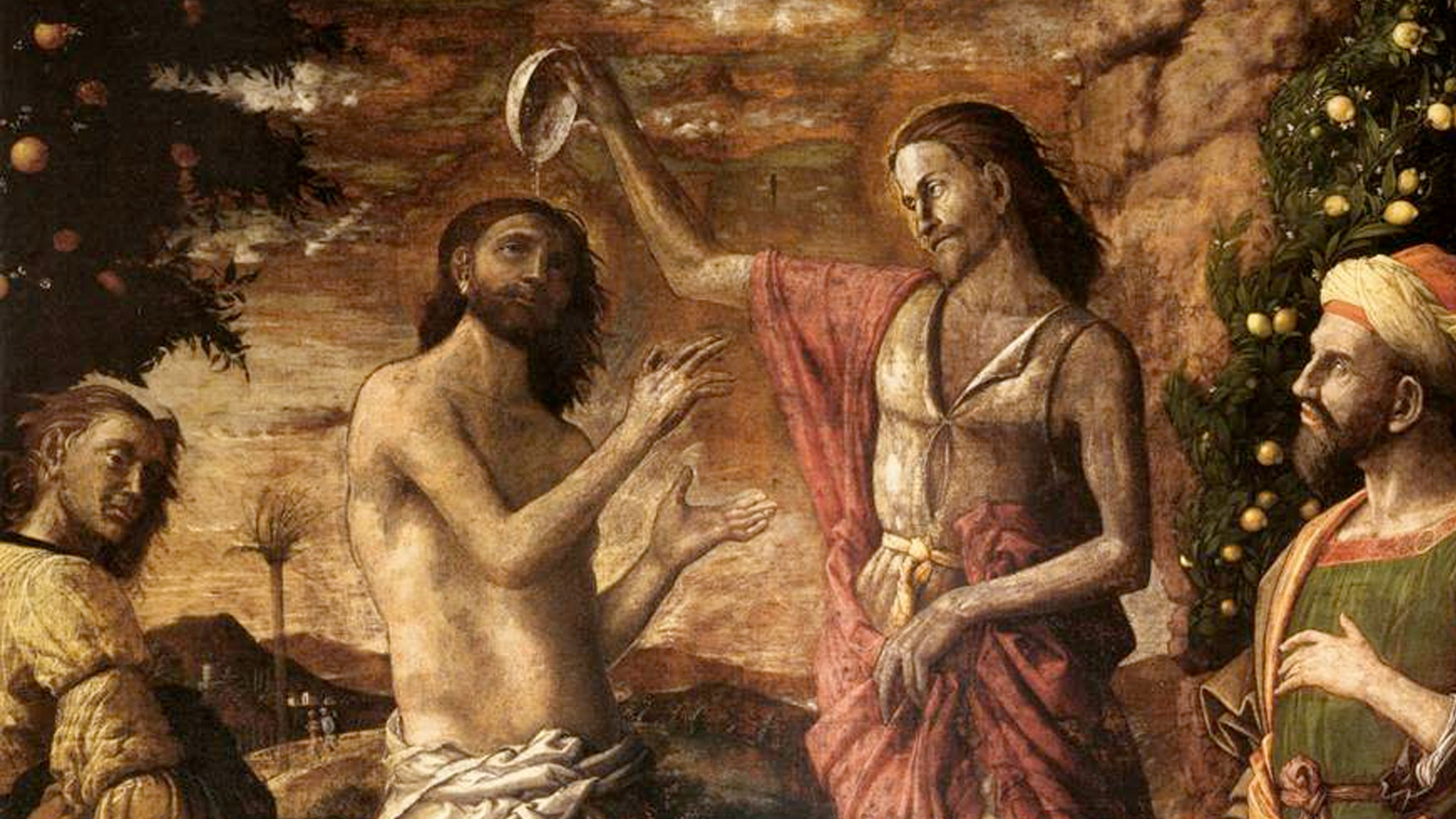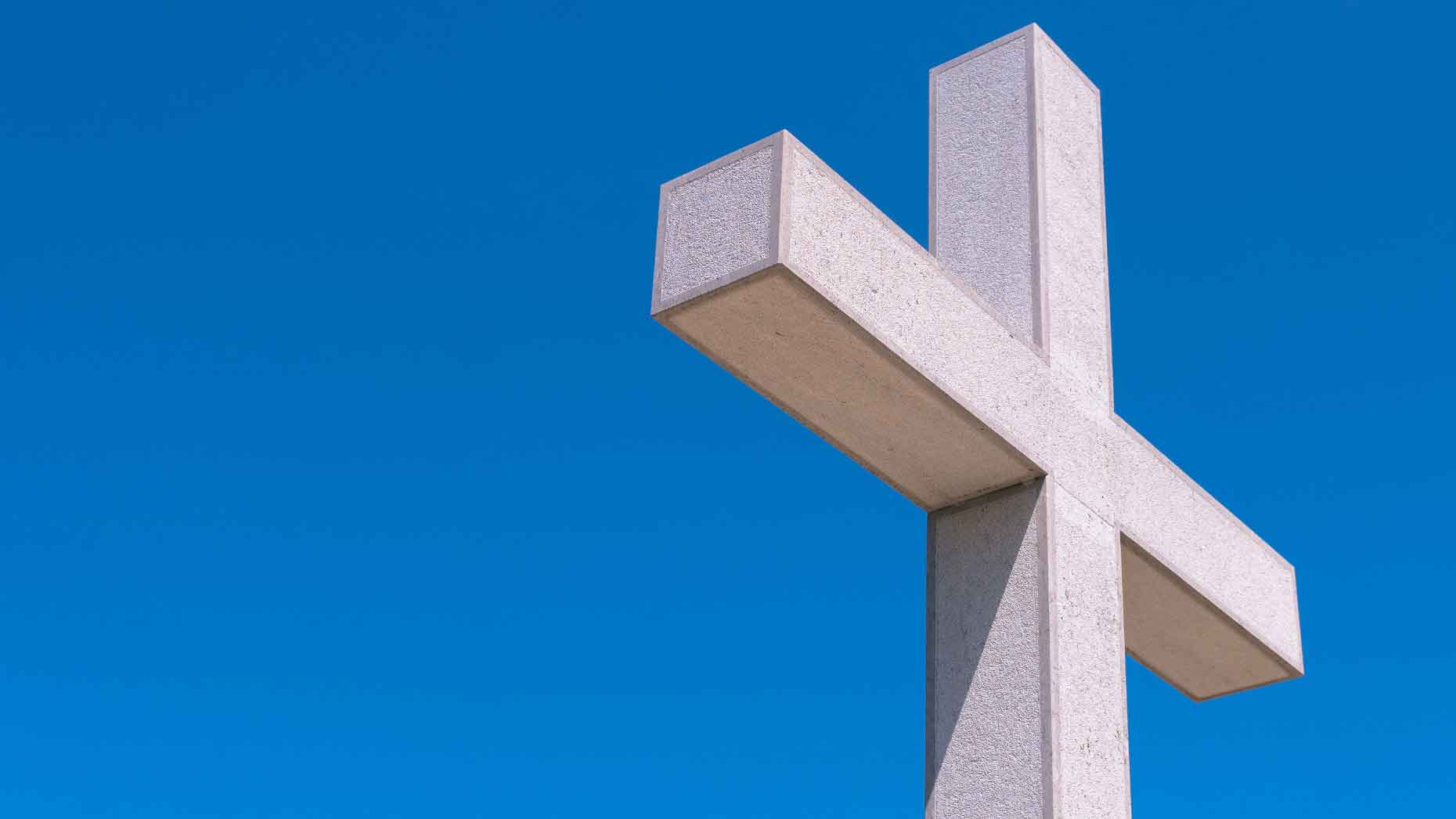By Fr. Tom Zelinski, OFM Cap.
After the recent attack on the National Capitol, several people said “This is not who we are.” Well, if “we” means everybody, all the citizens, then in part, at least, it is who we are. Some of “us,” our brothers and sisters, decided to resort to force to challenge the peaceful transition of power. This peaceful transition has been a hallmark of this country.
There have been other contested elections, leading to some underlying anger I am sure, but none of the parties resorted to violent force to try to change things. There is something stirring in “us,” the people, that is unhealthy and dangerous.
Among other things, there seems to be an ever-present streak of racism in this backlash. Historically, there have been other occasions when people of color or ethnic minorities seemed to be gaining some deserved power in society, where there has been a white backlash against them.
Who are we? We who claim to be Christian and followers of Jesus are to see all people as our brothers and sisters. How are we doing? It is again for each of us to look deep inside and see if there are roots of fear and prejudice.
If I am white, how really do I feel about people of darker skin? If I am of dark skin, how do I feel about white people? (Some fear might be understandable.) If I am a man, how do I feel about women gaining more of their deserved freedom and power? We could go on to thoughts about religion, sexual orientation, or other designations.
When people say “this is not who we are,” we are called by Christ to examine who we truly are, and look to him for guidance, wisdom, and healing.


